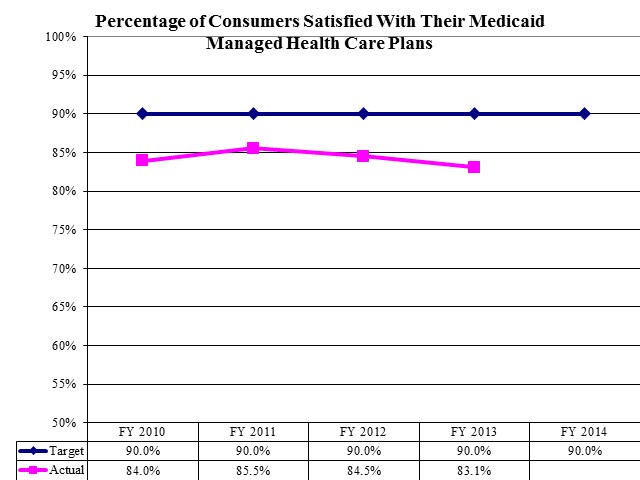About two thirds of Utah Medicaid clients enroll with one of four 100% at risk contracted health plans: Select Access, Molina, Healthy U (University of Utah Hospitals and Clinics), or Health Choice. All four plans receive a per member per month payment for each Medicaid client in their program and assumes the risk of paying for all of the incurred costs. The negotiated care includes funding for administrative costs and profit. The plans are responsible to pay for all medical services except for the following:
- Dental services
- Targeted case management
- Ambulance and other medical transportation
- Oxygen concentrators
- Apnea monitors
- Nursing facility
- Waiver Services
- Mental health services
- Substance abuse services are carved out, except for medical detoxification in a facility.
- Mental health and immunosuppressive drugs
- Any services performed at an Indian Health Services, tribal facility or an Urban Indian Facility.
- Chiropractic services
- Services performed at the state hospital.
- Services performed at the state developmental center.
During the 2015 General Session, the Legislature appropriated for Fiscal Year 2016, $854,495,100 from all sources for Managed Health Care. This is a 2.1 percent increase from Fiscal Year 2015 revised estimated amounts from all sources. The total includes $169,799,900 from the General/Education Funds, a reduction of 4.1 percent from revised Fiscal Year 2015 estimates.
In addition to statewide compensation and internal service fund cost increases, the following appropriation adjustments were made during the 2015 General Session:
Medicaid's aggregate payments to each plan may not exceed what Medicaid would have paid, in aggregate, for the same services via fee-for-service Medicaid claims. The administrative money received by the four plans cover the following: case management, disease management, Healthcare Effectiveness Data and Information Set reporting, quality improvement programs, performance improvement projects, quality committees, health needs assessments, utilization management, prior authorization, provider credentialing and re-credentialing, newsletters, and outreach.
In 2013 all plans serving the counties of Davis, Salt Lake, Utah, and Weber changed to accountable care organization contracts and were 100% at risk. This explains the large increase in funding beginning in FY 2013.
COBI contains unaudited data as presented to the Legislature by state agencies at the time of publication. For audited financial data see the State of Utah's Comprehensive Annual Financial Reports.
